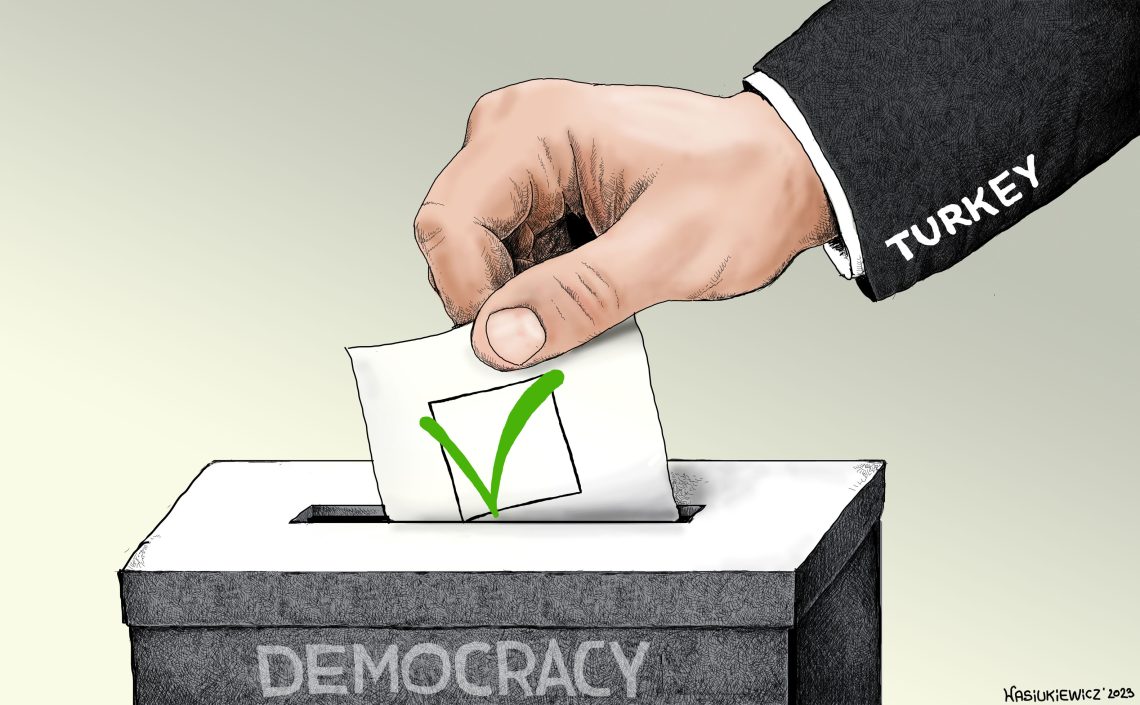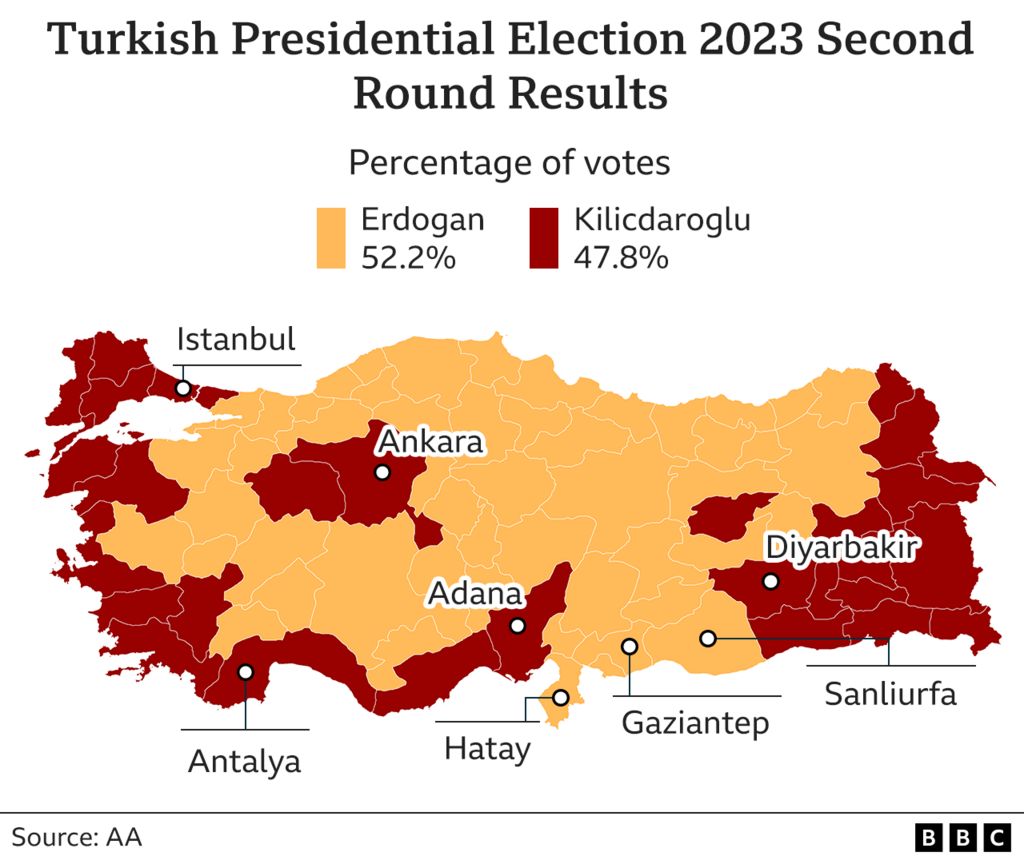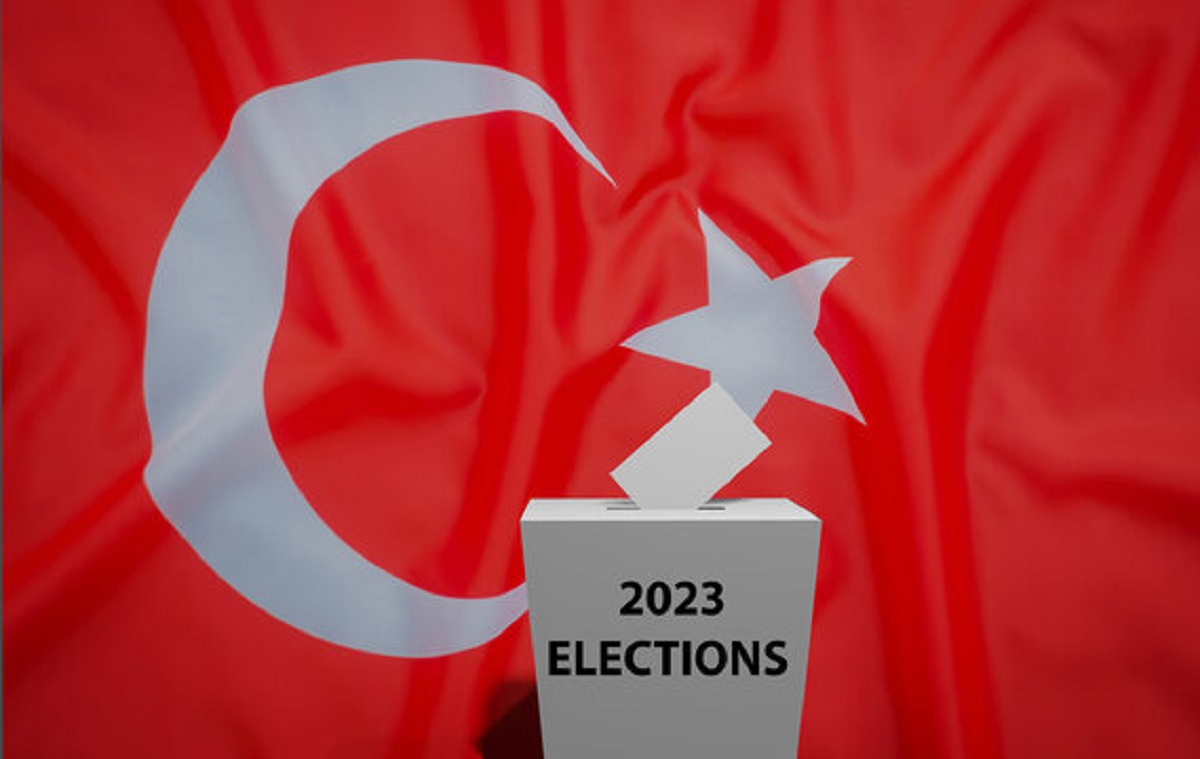The Paradox Of The Turkey’s Vote: A Critical Examination Of A Symbolic Gesture
The Paradox of the Turkey’s Vote: A Critical Examination of a Symbolic Gesture
Related Articles: The Paradox of the Turkey’s Vote: A Critical Examination of a Symbolic Gesture
Introduction
With enthusiasm, let’s navigate through the intriguing topic related to The Paradox of the Turkey’s Vote: A Critical Examination of a Symbolic Gesture. Let’s weave interesting information and offer fresh perspectives to the readers.
Table of Content
The Paradox of the Turkey’s Vote: A Critical Examination of a Symbolic Gesture
![Home [www.turkeyanalyst.org]](http://www.turkeyanalyst.org/resources/Turkey_voting_big_med.jpg)
The phrase "turkeys voting for Christmas" is a potent metaphor, often employed to illustrate the absurdity of a situation where individuals act against their own self-interest. While the image conjures a humorous scenario, the deeper meaning behind this idiom speaks to a complex interplay of factors, including individual agency, collective action, and the inherent contradictions within systems of power.
This article will delve into the nuances of this metaphor, exploring its historical roots, its application in contemporary contexts, and the implications it holds for understanding human behavior.
Origins and Evolution of the Metaphor
The precise origin of the phrase "turkeys voting for Christmas" remains elusive. However, its earliest recorded usage appears to date back to the early 20th century, gaining traction in the mid-20th century as a popular idiom.
The metaphor’s enduring power lies in its ability to encapsulate a seemingly illogical decision-making process. Turkeys, the traditional centerpiece of Christmas feasts, would appear to have a vested interest in preventing the holiday’s arrival. Yet, the metaphor suggests that they are somehow complicit in their own demise, highlighting the inherent contradiction of their situation.
The Paradox of Individual Agency and Collective Action
The metaphor’s core lies in the tension between individual agency and collective action. On an individual level, each turkey might rationally choose to avoid becoming the Christmas feast. However, the collective action of turkeys voting for Christmas creates a situation where the very act of voting for the holiday guarantees its occurrence.
This paradox highlights the complexities of collective decision-making. While individual actions may seem inconsequential, they can aggregate to create unforeseen consequences. The metaphor emphasizes that individual choices, even when seemingly insignificant, can have profound effects on the collective outcome.
Applying the Metaphor to Contemporary Issues
The "turkeys voting for Christmas" metaphor is not merely a whimsical expression. It has profound implications for understanding various contemporary issues, including:
- Political Systems: The metaphor can be applied to political systems where voters elect representatives who ultimately act against their perceived interests. For example, voters might choose a candidate who promises economic growth, even if that growth comes at the expense of environmental protection.
- Economic Systems: The metaphor can be applied to economic systems where individuals engage in practices that are ultimately detrimental to their collective well-being. For instance, consumers might prioritize low prices over sustainable practices, contributing to environmental degradation.
- Social Systems: The metaphor can be applied to social systems where individuals participate in behaviors that perpetuate inequalities or injustices. For example, individuals might accept discriminatory practices or policies, contributing to the maintenance of a system that disadvantages them.
Beyond the Surface: Examining Underlying Factors
The metaphor’s effectiveness stems from its ability to expose the underlying factors that drive seemingly illogical decisions. These factors include:
- Lack of Information: Individuals might vote for Christmas, metaphorically speaking, due to a lack of information about the potential consequences of their actions. They might be unaware of the risks involved or the alternative choices available.
- Misaligned Incentives: Individuals might act against their own best interests because their incentives are misaligned. They might be motivated by short-term gains, even if those gains come at the expense of long-term sustainability.
- Power Dynamics: Individuals might vote for Christmas due to imbalances in power. They might be powerless to resist the dominant forces that dictate the prevailing system.
The Importance of Critical Thinking and Collective Action
The "turkeys voting for Christmas" metaphor serves as a powerful reminder of the importance of critical thinking and collective action. Individuals must be aware of the potential consequences of their actions and work together to create systems that benefit all, not just a select few.
FAQs: Addressing Common Misinterpretations
1. Does the metaphor imply that individuals are always irrational?
No, the metaphor does not imply that individuals are inherently irrational. It simply acknowledges that individuals may make decisions that appear illogical in the context of their own interests, often due to complex factors beyond their control.
2. Is the metaphor meant to be pessimistic?
While the metaphor highlights the potential for individuals to act against their own interests, it does not necessarily imply a pessimistic outlook. It can also serve as a call to action, encouraging individuals to become more informed and engage in collective action to change systems that are detrimental to their well-being.
3. Does the metaphor apply to all situations where individuals vote for something that appears to be against their interests?
The metaphor is not universally applicable. There are situations where individuals might vote for something that appears to be against their interests, but where their actions are driven by genuine belief, principle, or a desire for change. The metaphor applies primarily to situations where individuals are seemingly complicit in their own demise due to a lack of information, misaligned incentives, or power imbalances.
Tips for Avoiding the Turkey’s Fate
1. Seek Information: Actively engage in seeking information about the consequences of your choices and the alternative options available.
2. Analyze Incentives: Consider the incentives that drive your decisions and whether they are aligned with your long-term interests.
3. Advocate for Change: Participate in efforts to change systems that are detrimental to your well-being.
4. Engage in Collective Action: Recognize the power of collective action and work with others to create positive change.
Conclusion: The Enduring Relevance of a Powerful Metaphor
The "turkeys voting for Christmas" metaphor, despite its seemingly simplistic nature, encapsulates a profound truth about human behavior. It reminds us that individual choices, even when seemingly insignificant, can have profound consequences on the collective outcome. The metaphor serves as a powerful call to action, encouraging individuals to become more informed, critically assess their choices, and work together to create systems that benefit all. By understanding the underlying factors that drive seemingly illogical decisions, we can move towards a future where individuals are empowered to make choices that serve their best interests and contribute to a more just and sustainable society.







Closure
Thus, we hope this article has provided valuable insights into The Paradox of the Turkey’s Vote: A Critical Examination of a Symbolic Gesture. We thank you for taking the time to read this article. See you in our next article!
